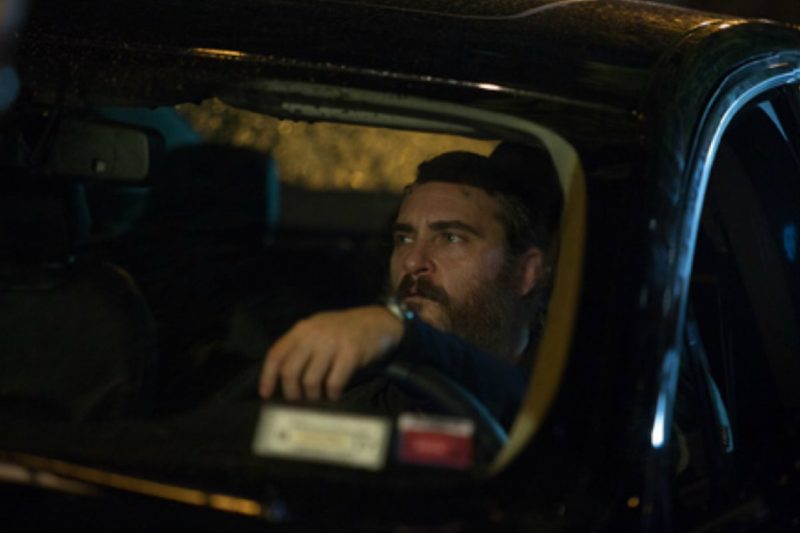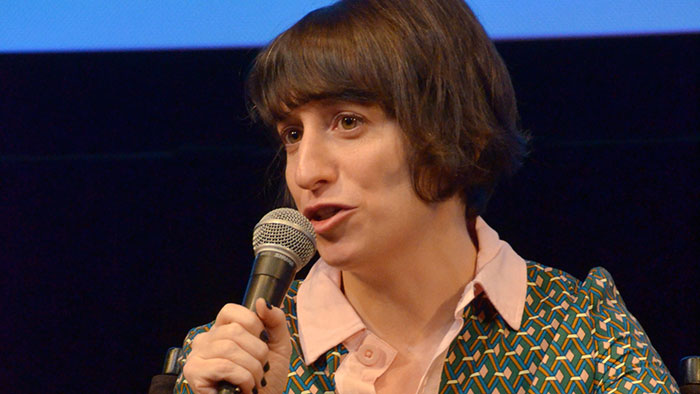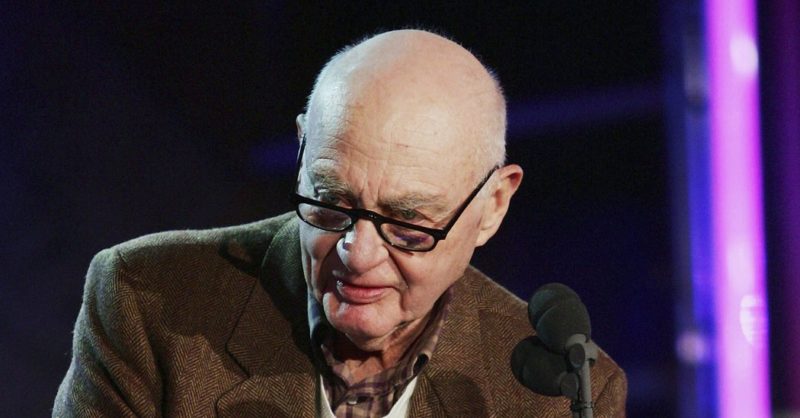“Our approach was trying not to solidify any one moment and trying to create situations that felt unpredictable,” Joaquin Phoenix said at Cannes when You Were Never Really Here had its world premiere there last spring. Starring Phoenix as a killer for hire, Lynne Ramsay’s first feature release since We Need to Talk About Kevin (2011) had been much anticipated before arriving at the weary tail end of the festival. Ramsay’s thriller resurfaces later this month for its U.S. premiere at the Sundance Film Festival in advance of its theatrical release in the spring. Phoenix—to whom I posed questions in a Cannes suite packed alongside other journalists from outlets including Deadline—spoke of trying to get some air into his character’s dark emotional world. “I was afraid that it was going to be too morose and somber,” the 43-year-old star said, singling out Joe’s home life with his addled mother (played by Judith Roberts). “A lot of the stuff with the mom initially just felt very oppressive and quiet. So I tried to find some personality and a dynamic between them that felt more lively. That felt important.” At Ramsay’s press roundtable, the filmmaker reflected on shooting her first feature in digital, and said the medium let her be freer with actors while producing ample material to work with. It remains to be seen whether the release version of the film will differ from the one press-screened without credits in Cannes, where Ramsay genially referred to journalists as “my test screening.” “As this film progressed, it changed dramatically. Certainly the last third is different than what was scripted,” Phoenix said of the New York–set film. “We were looking for a different way to talk about the hero.” You Were Never Really Here opens on April 6 in select theaters, one week after Mary Magdalene starring Phoenix as Jesus.—Nicolas Rapold
Production Round-Up
Eliza Hittman
Dan Talbot in Memoriam
The death of art-house axiom Dan Talbot (1926-2017) brought sad news over the winter break. We’ll have more to say in tribute to Talbot, but for any film lover, his impact has been enormous, between exhibition at Lincoln Plaza Cinema, Cinema Studio, and Metro, and, through New Yorker Films, distribution of works by Kiarostami, Kieslowski, and many more. Not to mention the historic 1985 runs of Claude Lanzmann’s nine-hour-plus Shoah, of which Talbot once said to me, “It was for me the most important film I have released.” On a personal level, I owe Talbot an enormous debt for feeding my hunger for movies at impressionable ages at Lincoln Plaza Cinema, with marathons of the Decalogues or eye-opening screenings of Kids. His efforts with Toby Talbot helped create a renewed golden age of the art house, and provided access to a world of cinema that we all still explore to this day.—Nicolas Rapold


